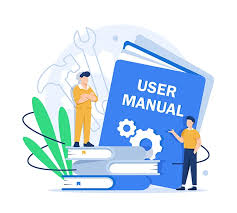
Not all translations are the same. When you work with manuals, technical reports or scientific papers, you need a technical translation. This type of translation requires more than just language skills. The translator must understand the subject, know the specific terms, and communicate clearly.
What is a technical translation?
This kind of translation covers texts with specialised language, such as:
- User manuals
- Product datasheets
- Engineering reports
- Medical or scientific documents
- Industry standards and regulations
- Food industry specifications
These texts need total accuracy. However, a bad translation can cause costly mistakes, confusion or even legal problems.
What makes technical translation different?
Firstly, the translator must know the field. It is not enough to speak two languages. For example, someone translating an industrial machine manual must understand how that technology works.
Additionally, the text must be clear, direct and free from ambiguity. Many companies trust agencies offering professional translation. These agencies work with experts in technical terms and use tools that keep the language consistent throughout.
Who needs technical translation?
There are many audiences that will need a specialised translation, for example:
- Tech companies
- Manufacturers exporting products
- Engineering consultants
- Laboratories or clinics
- Academic or scientific institutions
If your document contains technical language or will be used in a specialised environment, then choose a professional technical translator. Poor translation can affect quality, reputation and user safety.
Conclusion
In summary, a good technical translation transfers ideas, procedures and precision — not just words. Trust experts in your field to get the best result for your documents.



